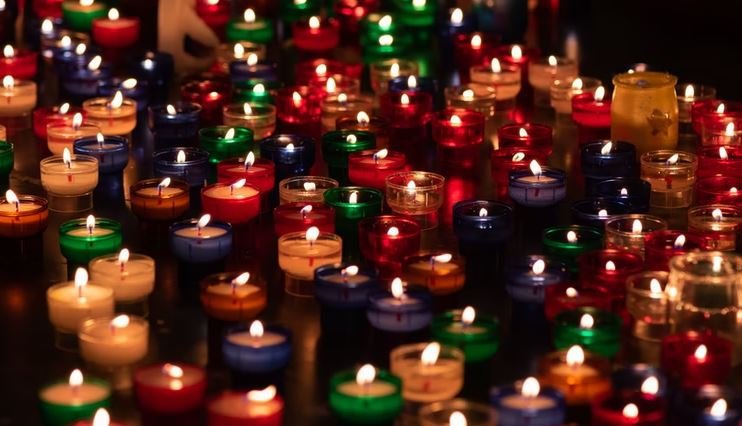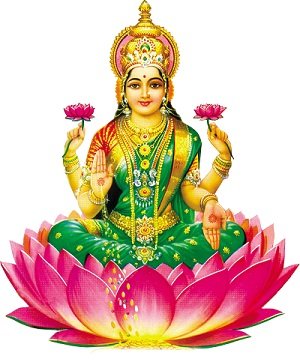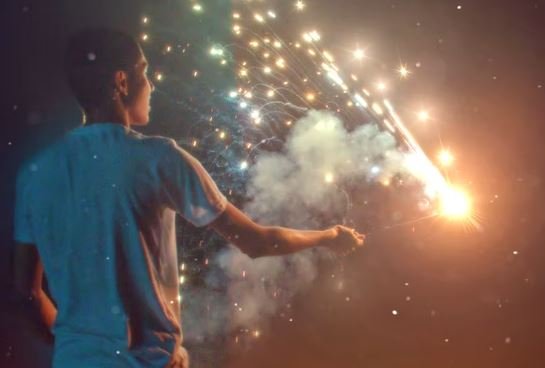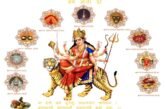
-C.S.Srinivasan(Srini)
Diwali comes from the word Deepavali, which means ‘rows of lighted lamps’. During the festival, these lamps usually earthenware lamps, called diyas, are used inside and outside the homes, shops, public buildings and almost everywhere. They symbolise the victory of light over darkness and good over evil.
Diwali, as a universal festival, is celebrated by millions of people in India and Indian diaspora across the world in many countries, including Sri Lanka, Nepal, Myanmar, Singapore, Malaysia, Mauritius, Fiji, Guyana, Suriname and Trinidad and Tobago.
It is considered to be a Hindu festival, but in fact it is also celebrated by Sikhs, Jains and Newari Buddhists. It helps in fostering a sense of brotherhood as it encourages people to come together and celebrate the festival regardless of their background.
Diwali Festival illuminates the Earth as well as the Skies and brings joy to all the people. Deepavali, the Festival of Lights has all the charm, grandeur and splendour that can illuminate our minds and hearts while also promoting the much needed peace, harmony and brotherhood in our society.
Diwali typically is celebrated over five days. I shall now give an idea of what happens during these five days.
The First Day or Day of Fortune is focussed on fortune, good luck and money or valuables. Some people wash money to show that they intend to use it to do good in the world. It is also a day for helping people who are not as well off. It is considered as a lucky day for buying gold and silver and other metals, so people often buy jewellery or cars or vehicles or anything made of metal. It is estimated that last year Indians spent about $3.9 billion during Diwali. People also make sure that their houses are clean, ready to welcome Lakshmi, the Goddess of Wealth and Prosperity, in the evening.
The Second Day is Naraka Chaturdashi. According to Hindu stories, the demon Narakasura was killed on this day. The day is all about getting rid of all things bad. People get up early in the morning, wash and put on clean or new clothes. Afterwards, they will celebrate by having a special breakfast with their friends and family. This day, also known as Chhoti Diwali, is a day for visiting friends, business associates and relatives, and for exchanging gifts and sweet boxes. After all, what is Diwali without sweets!

The Fourth Day is Annakut Day which means day of ‘mountain of food’. Hindus prepare large amounts of food and take it to the temple to celebrate the beginning of the Hindu new year with the community. Food is important throughout the period of Diwali, especially traditional sweet treats such as gulab jamun (a very sweet deep-fried doughnut), kheer (a creamy dessert made with rice) or barfi (a sweet made with condensed milk and sugar).
The Fifth Day is the last day of Diwali which is dedicated to Bhai Dooj and celebrates the relationship between brother and sister. Brothers may visit the homes of married sisters, carrying gifts. The festival marks different historical events and stories for each faith that celebrates it, but for all the faiths it symbolises the victory of good over evil, and darkness over light, which means something to all of us.
The festival of Deepavali has a deep spiritual meaning. It essentially means the Awareness of the Inner Light. In a way, it is the celebration of the awakening and awareness of the Inner Light which has the power to outshine darkness and clear all obstacles in life.
The festival of Diwali reminds each one of us to understand that life is much more than a mere journey and it is a continuous quest for truth and knowledge
Celebrated on the thirteenth/ fourteenth day in the dark half of the Kartika Masa (October – November), it is really a celebration of light. Like all festivals in India, even the Festival of Deepavali has its own inner significance than mere lighting of diyas, wearing new clothes, exchanging sweets and bursting crackers.
Importantly, we have to light the lamp of happiness, the lamp of prosperity and the lamp of knowledge to dispel sorrow, poverty as well as disease.
Diwali is the biggest and most anticipated festival and I remember our whole family including elders and children, used to get up early in the morning, have an oil bath, wear new clothes and be the first to light the lamps in the street and burn the crackers with other children. This will be followed by a feast with many sweets and other eatables and exchange of gifts with family and friends.
Also, it is customary for most working people to receive a Diwali bonus to meet the Diwali Festival expenses.
Let me now discuss some of the legends associated with Diwali.
The legends regarding Diwali also highlight the philosophical truth of the Vedas and the principle of Unity in Diversity. The Festival of Diwali binds people and is a synthesis of spirituality, religion, culture and social values.
In Northern India, people celebrate the Festival of Lights to mark the return of Lord Ram to Ayodhya along with his wife Seetha and brother Lakshman after a 14 year exile in the forest. While in South India, Deepawali signifies the victory of Lord Krishna over demon Narakasura to free the suffering people. Both legends remind us of the necessity to fight and destroy evil forces and strengthen the righteous forces.

As per a legend from the epic Mahabharata, it was Karthik Amavasya when the five Pandavas returned from their 12 years of exile. It is said that the people who loved the Pandavas celebrated the day by lighting thousands of earthen lamps and distributing sweets.
It is also believed that the greatest Hindu king Vikramaditya was coronated on the day of Diwali, which also makes the festival historic and not merely mythological.
The Festival of Diwali is also of great significance to Jains as it is said that it was on this day that Lord Mahaveera attained Nirvana or eternal bliss.
The Sikhs too have a reason to celebrate Diwali. It was on this auspicious day that Guru Hargobind, the Sixth Sikh Guru was freed from captivity of Jahangir, the Mughal Emperor. Sikhs also celebrate Diwali to commemorate the laying of the foundation stone for the Golden Temple in 1577.
I will now discuss DIWALI CELEBRATIONS in the midst of COVID-19
It is said that “Hardships often prepare ordinary people for an extraordinary destiny”.
Covid has brought out the best in all of us. Working together & reaching out to needy people & helping them with food and other necessities of life, has strengthened our resilience and tenacity to face adversity with optimism and self-confidence.
COVID-19 has shone a light on how interdependent we all are in the community, reliant very much on cooperation, communication and compassion to overcome the ravages of Covid.
It has highlighted the necessity for working together because “no one is safe until all of us are safe”.
October is the National Mental Health Month 2021in Australia.
It is very appropriate that Diwali is also celebrated during this period with the message of removing the darkness & the mental demons from within and celebrating precious lives by enveloping our minds and hearts with love, hope, acceptance and good will.
We can kindle light in many hearts just like one Diya (lamp)which can light many Diyas (lamps).
In conclusion, let us believe in the power of goodness and try to fill our hearts with the oil of love, light the wick with the knowledge of Truth and get rid of ignorance.
We must remember that ”It is not that cruelty will cease to exist in the world. Let us resolve to make kindness the currency in the world to perform all forms of good, in our lives individually and for our community.
Let this Diwali bring hope, joy and happiness for all communities by dispelling the darkness of ignorance & despair
that are creating havoc in our minds.
The essence of Diwali is encapsulated in the following sloka or saying from Brihadaranyaka Upanishad:
Asato ma sat gamaya | (असतो मा सद्गमय ।)
Tamaso ma jyotir gamaya | (तमसो मा ज्योतिर्गमय ।)
Mṛtyor ma amṛtam gamaya | (मृत्योर्मा अमृतं गमय ।)
Om shanti shanti shantihi || (ॐ शान्तिः शान्तिः शान्तिः ॥)
Translation:
From untruth lead us to Truth.
From darkness lead us to Light.
From death lead us to Immortality.
Om Peace, Peace, Peace.




